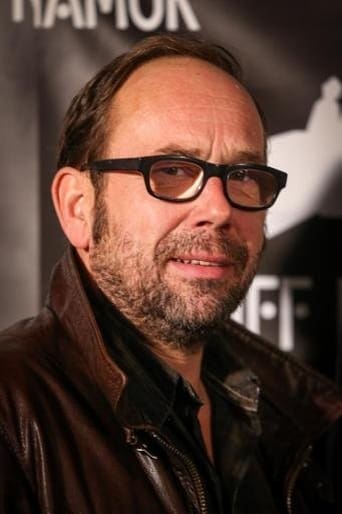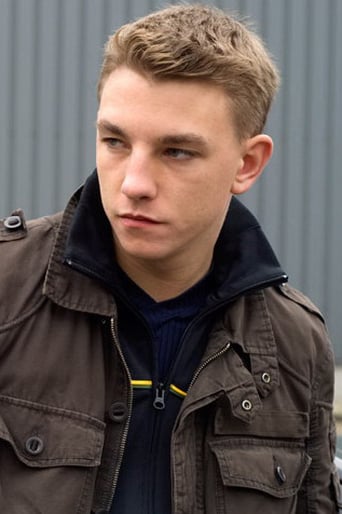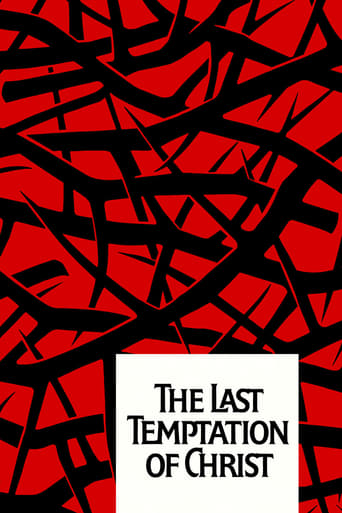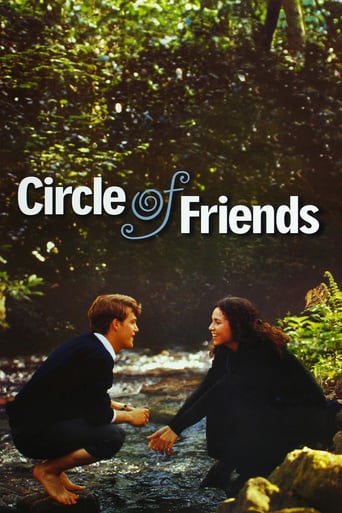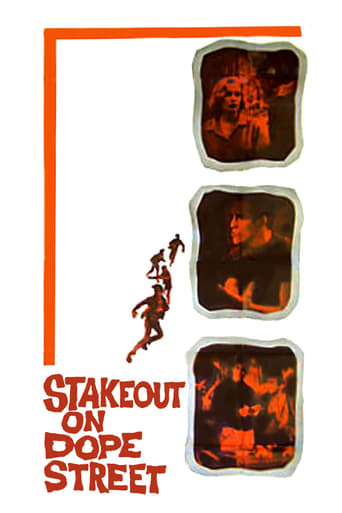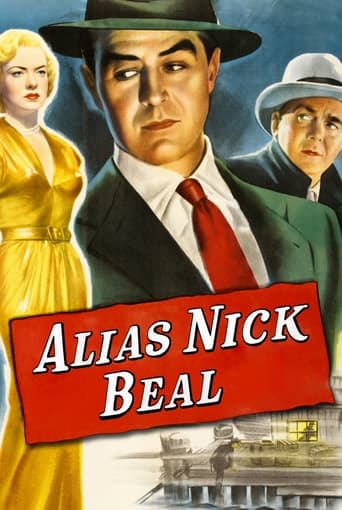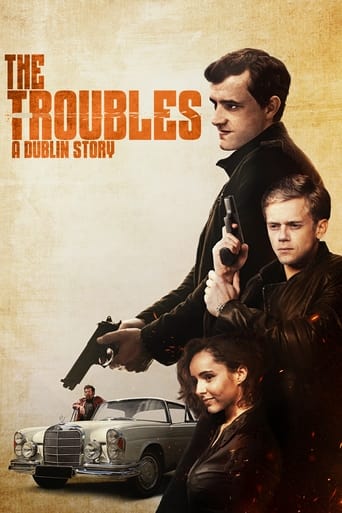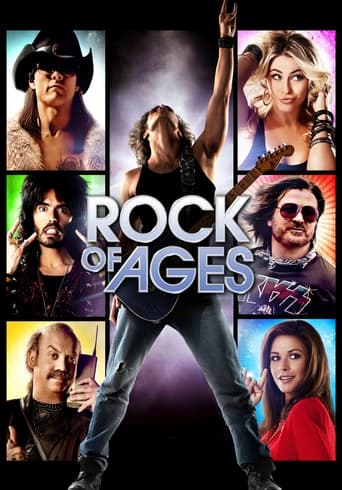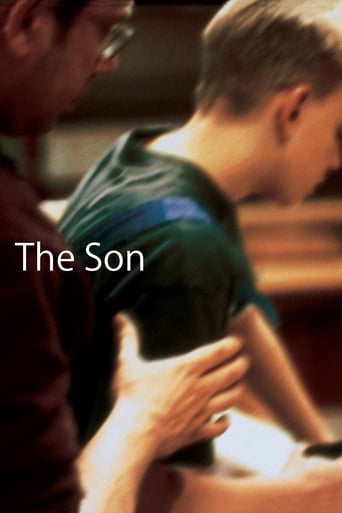
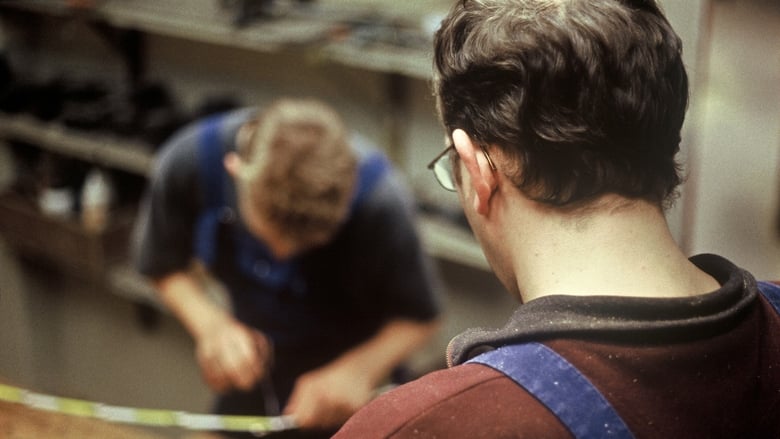
The Son (2002)
A joinery instructor at a rehab center refuses to take a new teen as his apprentice, but then begins to follow the boy through the hallways and streets.
Watch Trailer
Cast
Similar titles
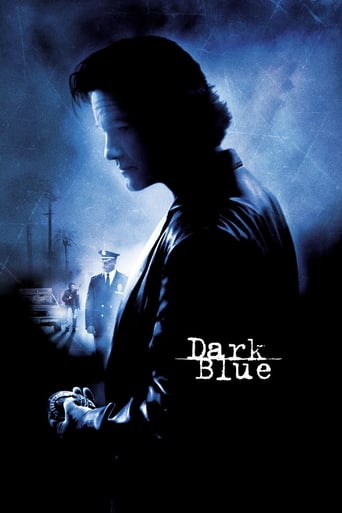
Reviews
Slow pace in the most part of the movie.
The movie's neither hopeful in contrived ways, nor hopeless in different contrived ways. Somehow it manages to be wonderful
The movie is wonderful and true, an act of love in all its contradictions and complexity
This movie feels like it was made purely to piss off people who want good shows
On the surface, The Son, the 2002 effort from the Dardenne brothers, concerns itself with a carpenter and his relationship with one of his students. The new student is a juvenile delinquent who got into trouble five years prior for stealing a car radio, and in the process killed the carpenter's son; the carpenter recognizes the young boy but the student does not know whose son he killed. This sounds like the set up for melodrama, in which the carpenter takes his bloody revenge, but in the hands of the Dardennes the film becomes a religious parable about what it means to be human.What moved me the most about the film, beyond the empathetic qualities of the acting and the writing, was the humanity of the storytelling and its implications. The stance of the minimalist camera is hard to pin down. Though seeming to be a contradiction, there is an absence of perspective, or even perception, in the movie. The compositions seem to stem from a non- existent entity. In that way it is as if god is holding the camera. The shots remain in a medium- close-up, usually positioned behind the actors. Common practice, especially in Hollywood, is to frame a character, face towards the camera to allow the audience to directly read the actor's emotions. Such a method implies that people identify with others based on their emotional readout. Yet in The Son, the inverse is true. Odd as it sounds, we recognize the characters as even more human even though we don't see them emoting; perhaps because, the film suggests, that to be human is not necessarily to emote or even to communicate but to be a contained entity capable of benevolence. The carpenter is a prime example. He mirrors Jesus not only in profession but also in forgiving mankind for its sins - in this case forgiving the young boy for killing his son. Yet the carpenter did not come to such a conclusion easily, which is why we are so moved when he does. The death of his son ruined his marriage and is probably the root cause for his bad back, a metaphor for his bottled up pain. At one point in the film, he even bullies the boy into confessing his crime. Before his salvation, he succumbs to temptation; in other words he is human. Unlike most films that derive from a dramatic fantasy, The Son is about life and life lived. If we are to remain with each other, we must treat each other with humanity. If bad things happen to us, we should accept them. If we are presented with a tough situation, we should transcend the possibility to do evil. The Son is not a film with a message; it is a film to live by.
Brothers Jean-Pierre and Luc Dardenne are masters of authenticity, and their film The Son is no exception. A character study about a carpentry instructor at a rehab center who becomes obsessed with a teen student, this is an engrossing tale of human interaction. The brothers, as always it seems, approach their characters with a level of intimacy and intuitiveness that is mesmerizing in it's fullness. They don't feel the need to add dramatic scores or technical flare to their films, but rather they take a camera and just follow these people around, in this case the instructor Olivier, portrayed by Olivier Gourmet.It's hard to find words for how impressively honest their approach is, but I think that the authenticity these men are able to achieve is truly unparalleled in modern cinema. Many times they simply place the camera over Olivier's shoulder, following him around and placing us in his perspective, creating a sensation both absorbing and remarkably genuine. There's no strict narrative, but rather it's a study of this man and his personal demons, a study through human interaction and understanding that is emotional, quietly intense and always true.The reveal at the end of the first act paints a new light on Olivier that made him much more of a tragic figure than I had initially perceived him as, and the journey he goes down is always intense on an emotional level. Gourmet's portrayal is one of remarkable skill, again plugging into that level of authenticity that the Dardennes are so marvelous at, becoming this character in a way that few actors are capable of achieving. This is a story ripe for melodrama (it seems that most Dardennes works are) but instead they go for the most understated approach possible and it pays off in every single way, on levels both technical and emotional.
How do you make a film to capture the mindset of a stalker; or of an uncertain individual, sizing up an unknown enemy? The Dardenne brothers' solution in this movie is to shoot almost the entire film over the shoulder of its principal protagonist, giving the audience the same view, the same sideways glances and stolen observations, as the character. It's effective, but it doesn't make this the easiest movie to watch: at times it feels that everything you want to see is deliberately left out of shot. A film about a pair of fairly non-communicative people, it also contains almost no expository dialogue, so we are left to guess what each of them are feeling from their actions: in fact, as well as being terse or even silent, the characters are arguably people who don't really know what to feel any more. The film is thus an effective look at the bleakness of life in extreme circumstances, but again, this doesn't make it easy to relate to. The unusual method does bring some dividends: at first, it one thinks this will be a movie about a pervert, a mistake that owes everything to clichéd thinking and nothing to surprising honesty the directors and cast bring to this movie. In a sense, it's a film about the possibility of revenge, but with a more awkward, truthful and ultimately humane take on this notion than any you are likely to find in Hollywood. It's an interesting film, therefore, and deserving of praise; but not particularly fun to see.
The Son is a movie about forgiveness, and how the very act of forgiving propels you forward as a human being. And to not only forgive the person who took away your son, but to become a guardian, a teacher to that person is an act of grace. Olivier exhibits this grace throughout the movie, but it is a grace that is not evident by just watching him on a day to day basis. You have have to follow him, listen to him, be with him constantly and understand his circumstances to realize this. I suppose, in a way, that many people possess this grace, but its hard to find it in them if you can't follow them around with a camera. Olivier, on the surface, would not seem like a very interesting person if you saw him on the street, or worked with him on a daily basis, and the boy seems like a dolt, but this movie makes them so interesting, so compassionate, not as characters, but as real people. It teaches you to look beneath the surface of things, of human beings, and if you look hard enough, you'll find beauty everywhere.
